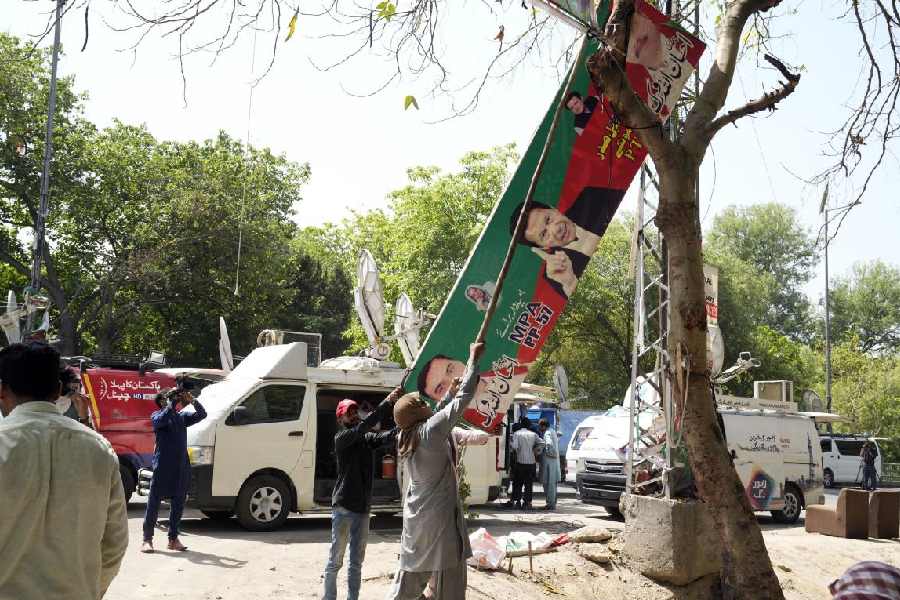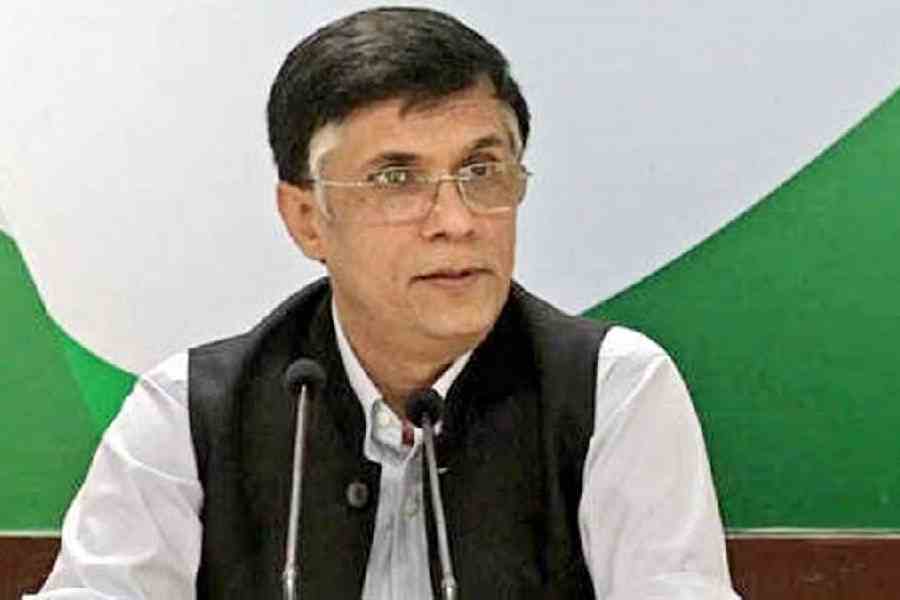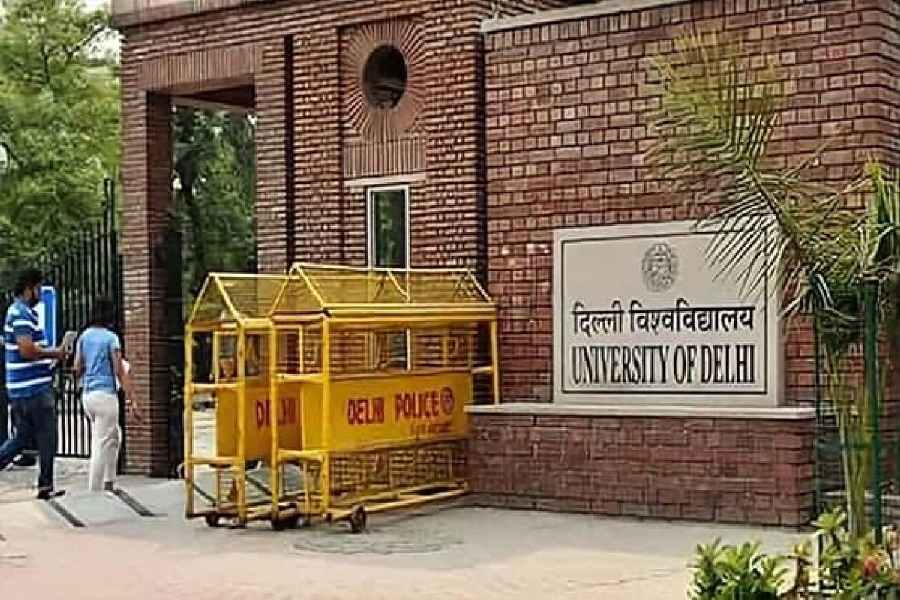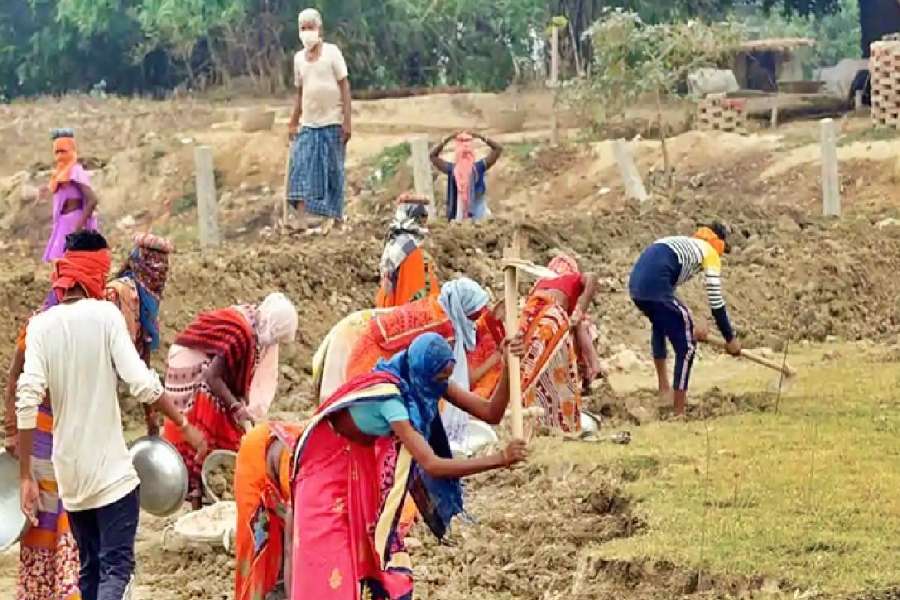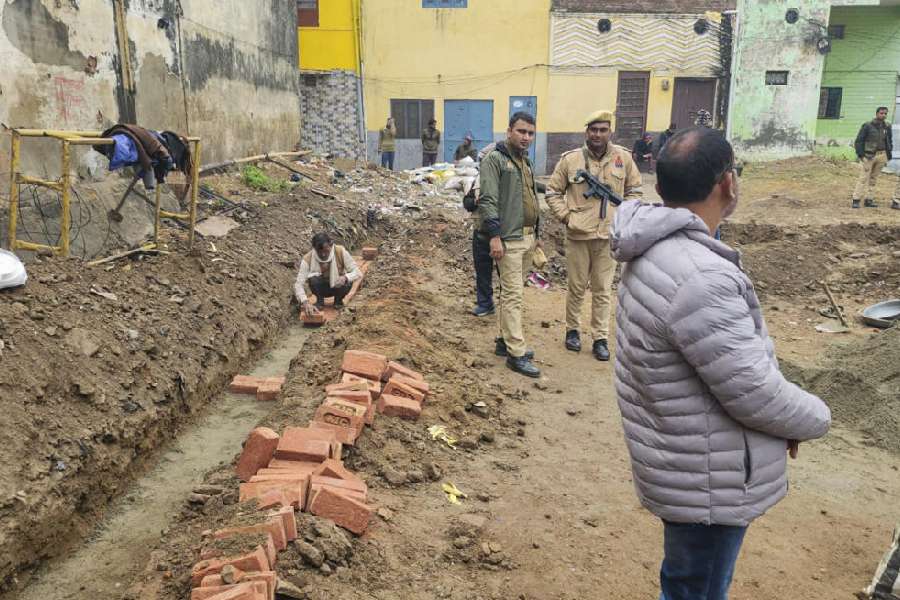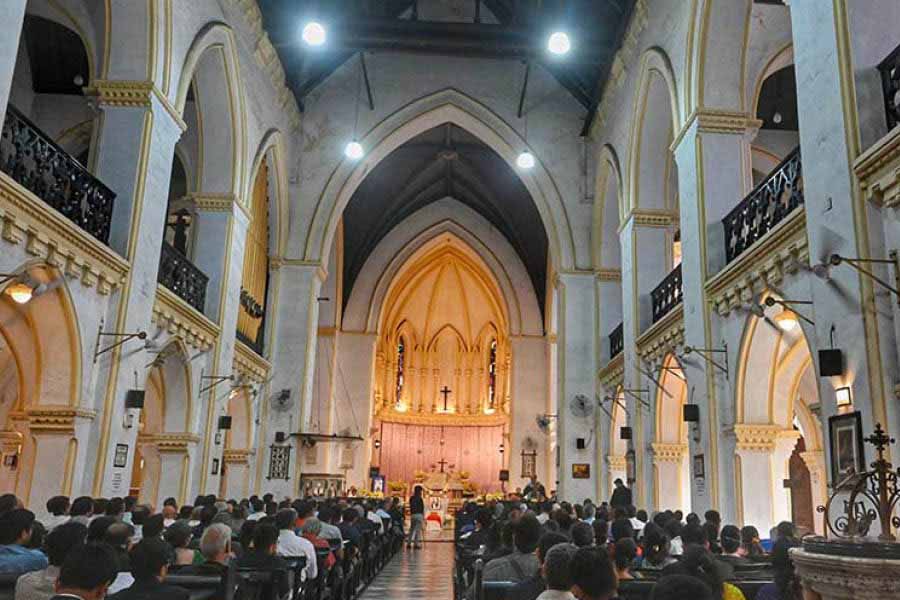Pakistan’s cabinet endorsed the decision by the top security body of the country to hold trials by military courts of those involved in attacks on key army installations.
Protesters took to the streets on May 9 after the arrest of former Prime Minister and Pakistan Tehreek-e-Insaf (PTI) party chairman Imran Khan and torched military and civilian buildings.
The violence left 10 persons dead and thousands injured.
Thousands of supporters of Khan, 70, were arrested in the violence that Pakistan’s army described as a “dark day” in the history of the Islamic country.
The National Security Committee (NSC) in a meeting on Wednesday agreed that the protesters who ransacked and vandalised military installations would be tried under the Army Act and the Official Secrets Act.
The Express Tribune newspaper reported on Saturday that the cabinet meeting, chaired by Prime Minister Shehbaz Sharif at the Prime Minister House (PMO), gave approval for trying civilians in the military courts just days after the NSC and the Corps Commanders’ Conference vowed to bring those behind the violent protests to justice.
Khan’s protesters vandalised public and state properties and even attacked the General Headquarters in Rawalpindi and Lahore Corps Commander’s residence.
A cabinet minister while requesting anonymity told The Tribune that no new military courts would be established, saying the accused would be tried in the “special standing courts” that are already working under the military act.
However, renowned lawyer and expert on military-related cases, Colonel (Retd) Inamur Rahiem, said the defence ministry or the chief of army staff (COAS) will have to formally issue a notification for establishing or reviving the special standing courts.
“Federal government has already empowered the army chief to constitute or even issue a warrant to any formation commander to constitute special standing courts,” Rahiem said, adding that the military usually establishes courts in the units concerned for any crime committed in that particular unit.
Once the special standing courts are established, he said, they can work throughout the year in one city or in different cities. Previously, he recalled that the special standing courts were set up in Karachi’s Malir area in 2005-2006.
However, he added, they stopped functioning when the Supreme Court later ruled in the Shiekh Liaquat case that there was no need for the military courts as a judicial system was already working in the country.

